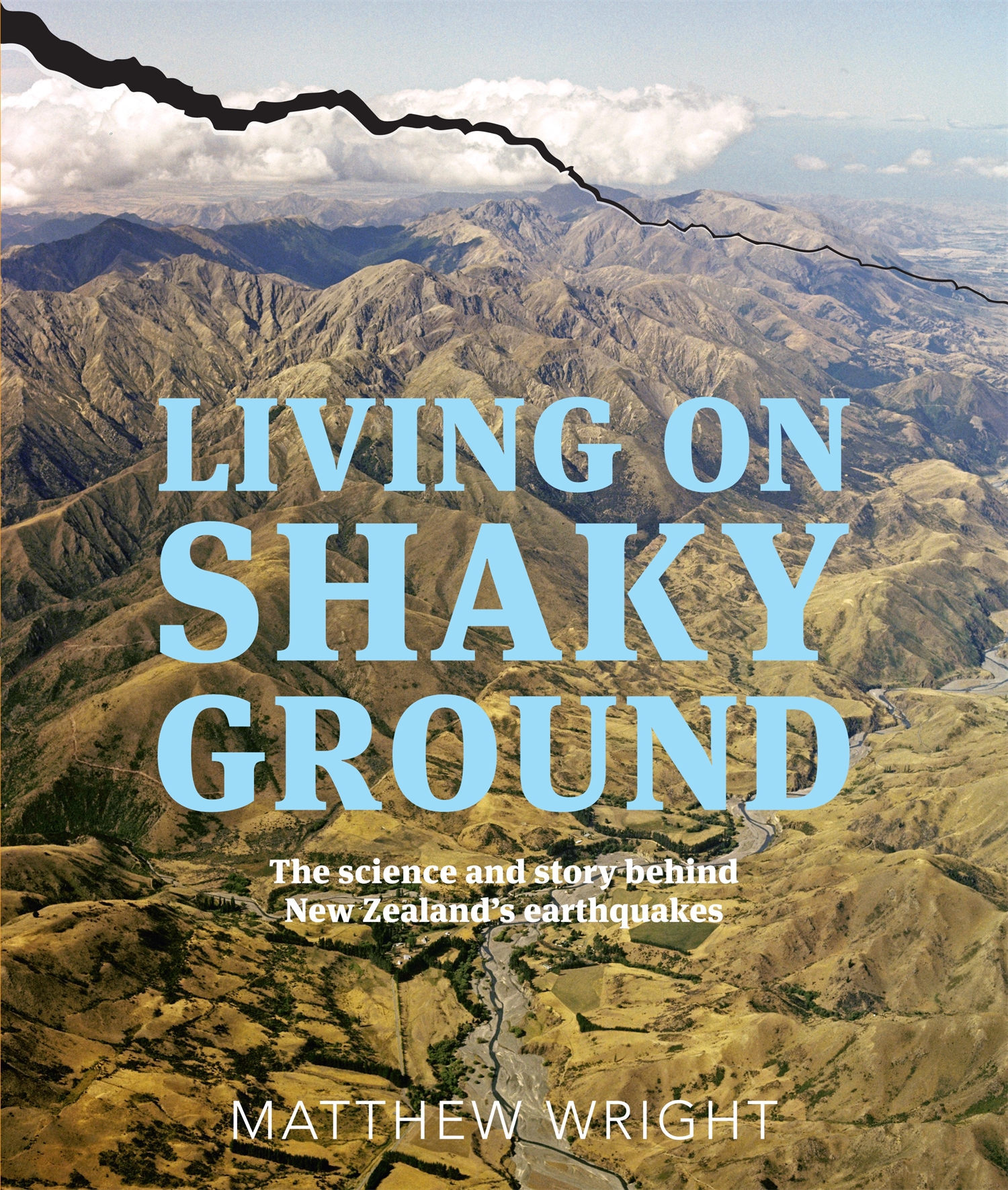
This fanciful tale took on real-world gravitas in 2011 — when nature, in its violent and ruthless aspect, reared up to remind the humans of Christchurch that their ideas of stone-solid stability meant nothing next to the arbitrary caprice of tectonic interplay. Residents clung to the Apollonian proclamations of authority, even when these proved no more practically useful in finding a safe time or place than the lunatic meanderings of meteorological-soothsayer Ken Ring. But for the grace of God, Wellingtonians might have finally had to break into their Civil Defence kits.
Prolific historian Matthew Wright’s Living on Shaky Ground attempts to reclaim territory for the rational foes of nature’s fury. Once the subterranean stirrings of imprisoned gods, earthquakes now ‘are’ a set pattern of seismological disturbance. The distinction is drawn between ‘what they used to think’ and ‘what we now know’, a rigid delineation that — while meaningless to many caught between geological vicissitude and governmental indifference — will doubtless comfort those to whom this ultimate upheaval of meaning remains an interesting consideration.
Wright’s survey of New Zealand’s seismic life is exhaustive, synthesising a huge body of detail and knowledge. His treatment of the Christchurch events deserves particular praise for telling human stories without making recourse to the dreaded ‘resilience’ — a term that, for today’s Cantabrians, stings with backhanded nuance. Wright’s sensibly apolitical stance at times verges on myopia (the index contains not a single entry for ‘fracking’), but the depth of scientific and human discussion is a credit to its author.
More unashamedly personal accounts are among those offered by Once in a Lifetime, launched at the Christchurch Writers and Readers Festival. An impressive roster of contributors — Helen Clark, Rebecca Macfie, local treasure Giovanni Tiso, Ilam hero James Dann — offer voices and visual essays on the city’s community and future. The fall of Christchurch offered sobering glimpses of what a Wellingtonian catastrophe might entail; but it also shook from slumber a richly creative and communal spirit, worthy of entertaining by anyone alive to the timeless truth of impermanence.
[info]Living on Shaky Ground: The science and story behind New Zealand’s earthquakes, Matthew Wright, Random House
Once in a Lifetime: City-building after disaster in Christchurch, editors Barnaby Bennett, James Dann, Emma Johnson and Ryan Reynolds, Freerange Press[/info]




